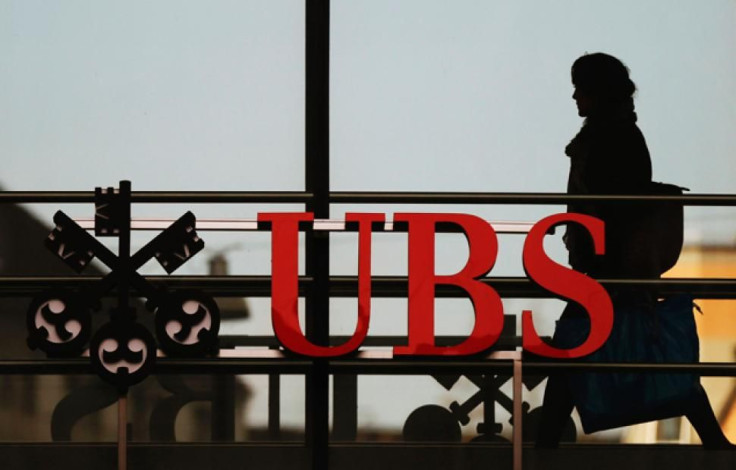Mortgage Costs May Increase As Banks, Markets Get Ready To Ditch Libor Benchmark

KEY POINTS
- Libor is scheduled to be phased out as a benchmark for fixing lending rates by 2021-end
- New York Fed’s real-time SOFR is the overwhelming favorite to replace Libor
- SOFR’s poor flexibility and difficulty in planning forward rates worry banking community
The proposed end of Libor as the basis for fixing interest rates could raise your mortgage or loan cost. The move prompted by reports of manipulation of the London Interbank Offering Rate, or Libor, at which banks borrow money from other banks, could affect $200 trillion worth of debt and contracts. They include mortgages and consumer loans that use floating interest rates.
The extent of Libor manipulations by financial firms to prop up returns and cover financial weakness was exposed by the 2007-2009 financial crisis. However, the absence of a credible alternative stalled moves to ditch it. Financial administrators have found replacing something so entrenched in the global financial system difficult, a report in CNN says.
Based on actual overnight transactions
Now the global money managers are decided on replacing Libor most probably by SOFR, the Secured Overnight Financing Rate, published by the New York Federal Reserve. Its advantage is that unlike Libor, it is based on actual overnight transactions by which financial companies borrow cash using as collateral US Treasury securities or government debt.
The difficulty to manipulate is the biggest advantage of SOFR as the benchmark of interbank lending.
The Federal Reserve and global regulators have made it clear that Libor has to go. A working group called the Alternative Reference Rates Committee that the Fed set up to facilitate the transition away from LIBOR recommended SOFR as the alternative, according to the Consumer Financial Protection Bureau. The panel has published a transition plan to promote the use of SOFR on a voluntary basis.
However, many banks are yet to be persuaded on the advantages of SOFR over Libor.
Seamless transition
“The market is not particularly well prepared at this point in time,” Mark Cabana, head of U.S. rates strategy at Bank of America Merrill Lynch, told CNN, adding that even though “we’re in the sixth inning of the transition.” It shows the global financial system is still not fully sold on a seamless transition even though Libor is expected to die off by the end of next year.
The Financial Stability Oversight Council that Treasury Secretary Steven Mnuchin chairs warned in its 2019 annual report that the market’s widespread failure to adapt could trigger a liquidity crunch and risk financial stability.
For the financial service community, Libor is still gold and SOFR only silver. One of the arguments against SOFR is that it is more volatile in ways not well understood by the market causing skepticism, according to Cabana.
Absence of term structure
Market participants also think SOFR is not as credit-sensitive as Libor as it is not attuned to changes in credit market conditions based on estimated future borrowing costs because. This is because it is based on actual transactions.
They say this also deprives the users of the flexibility of a "term structure" that is the ability of investors to look up what the rate will be in the future.
For example, the three-month Libor rate will show what the borrowing costs will be in 90 days, which helps banks and borrowers plan their cash flows. Borrowers can look up exactly what their interest rate would be in the future under Libor. SOFR makes it harder to estimate future costs.
However, the New York Fed is taking steps to address some of these concerns. It will begin publishing 30-, 90- and 180-day SOFR averages from March 2, although calculated differently from the forward Libor rates.
“Having this guidance is great, but it's not perfect yet,” said Leslie Falconio of UBS Global Wealth Management.
The slow adoption of SOFR has been a concern given that Libor is winding down fast. The Bank of England website has made available material to prepare the global financial system for a world without Libor.
“Clients need to prepare for a world in which LIBOR goes away and SOFR is the only alternative. But they also need to keep an eye out for a different alternative,” Cabana said. That thinking is partly why most of the newly issued loans and contracts still use Libor and not SOFR.
Whether it’s going to be SOFR or something else, time is running out for Libor. A lot of loan documents based on Libor may have to be rewritten, according to market experts. The consumers with floating-rate loans or mortgages can expect to get a letter in the future alerting them on the likely change of the interest rates.
© Copyright IBTimes 2025. All rights reserved.





















